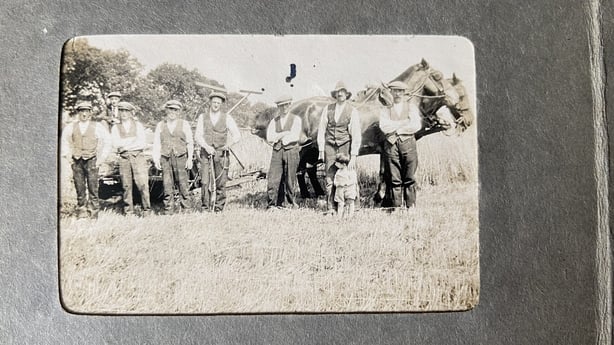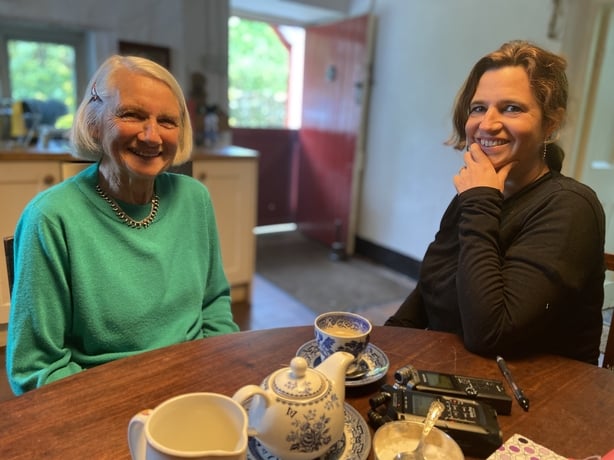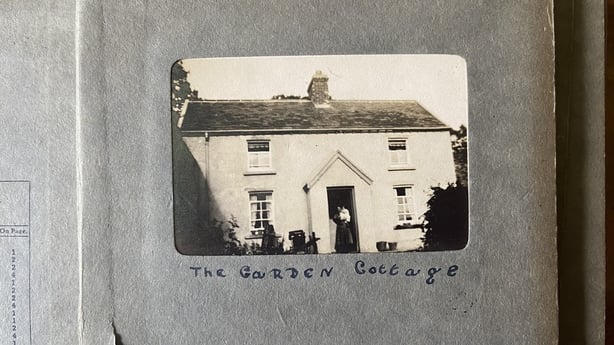Deirdre Nuttall tells how family stories – including her own – can shed light on the shadows of the Civil War
As an ethnologist and writer, I always try to explore the stories and versions of events that can be omitted from "official" narratives, and to help give a voice to people whose stories are frequently unheard. I am especially interested in the gaps between history and memory. Historians explore events that have happened, how they happened, and how one event led to another, as well as the repercussions of things such as conflict, regime change, and social and industrial revolutions. They rely heavily – but not exclusively – on written sources. Increasingly, oral sources are also used to give depth and context. Ethnologists and oral historians work primarily with interviews: personal accounts of what people have experienced, and what they have heard about.
An uneasy relationship
Memory and history have an uneasy relationship. Because it relies so much on written and printed sources, history all too often omits the more intimate aspects of the past, as well as the stories of those with less access to education and less public presence. It doesn't always really look at what living through a particular event or era felt like. Memories – whether individual, family, or community – do preserve a more emotional and immediate connection to the past, but as a source of historical data, memory is altogether much more evasive than written sources.

Memories can shift over a lifetime. Different people can remember different aspects of a particular event, or even remember some things completely differently. Often the most interesting elements of oral historical sources are the things we prefer not to remember, and the things that we omit when we talk about the past. Oral history, which is all about memories, is an invaluable resource, but it has to be used with caution.
It was very interesting for me to collect some interviews for The Civil War Memory Project, because I was doing what I like best – talking to people about their own and their family’s memories of interesting times. It was only after talking to a couple of interviewees that I started to think about the fact that my family also has an interesting story about this time. I discussed with my mum whether she would be comfortable sharing it for the project, and she agreed.

Even when I was a kid in the 1980s, my family only discussed its memories of the Civil War at home. Sixty years on, it remained a difficult topic. Why, considering that my family’s experience was much less dramatic and awful than those experienced by many others? Nobody was killed – at least not directly.
My great-grandfather was a farmer in Co Wexford outside New Ross. He was also a Justice of the Peace and a member of the local Church of Ireland community. One day he was taken out to the back of his home by a group of armed men wearing balaclavas. First they threatened to kill him. Then one of them – a neighbour and friend whom he recognised from his voice – said that they would let him live, but that he should go overseas until they told him it was safe to return. So that’s what happened. A few years later, he came home, and my family is still living there, still farming the same land.

These events cast a long shadow. It seems that my great-grandfather was never really happy again. His wife died of TB a few years later, and between the trauma of the raid and the loss of his wife – and perhaps the feeling that he no longer really fitted in with the neighbours – he became depressed. He would die in middle age as a result of self-inflicted gunshot wounds. This early, tragic death would be a source of sorrow to his children for all of their lives. It would only ever be discussed in lowered tones, even a full two generations later.
A lighter shadow
But with the passage of time, first all the people who had personal experiences and memories of the Civil War passed away, and then the people who had known those people at the time also got old and died. The shadow cast by the war became less long, less dark. It started to get easier to talk about what had happened and to see it as a sad but interesting past event that contributed to what our society is like today, and that is not the fault of anyone alive now.
In conversation with my mother, we agreed that what had until recently been an upsetting family memory has shifted with the years, becoming a tiny thread in the tapestry of Ireland’s complex past and something that we can all discuss openly now, perhaps for the first time in a hundred years. It is good to have these memories preserved in the National Folklore Collection, where they will never be forgotten.
The Silent Civil War will air on RTE 1 on 26th April and May 3rd at 9.35pm and is available on the RTE Player after the live broadcast. This production is supported through the Decade of Centenaries Programme 2012-2023 by the Department of Tourism, Culture, Arts, Gaeltacht, Sport and Media.
If you'd like to contribute to the Civil War Memory Project collection, you can do so by contacting: bealoideas@ucd.ie










































